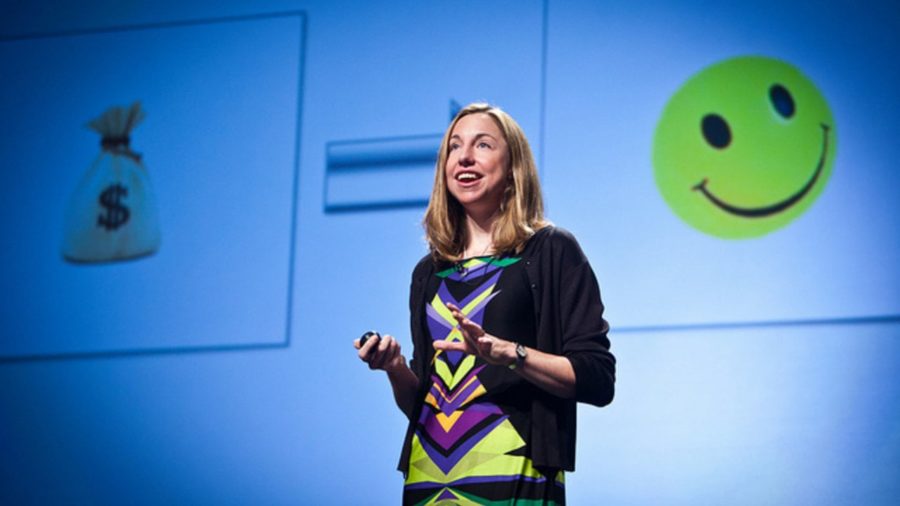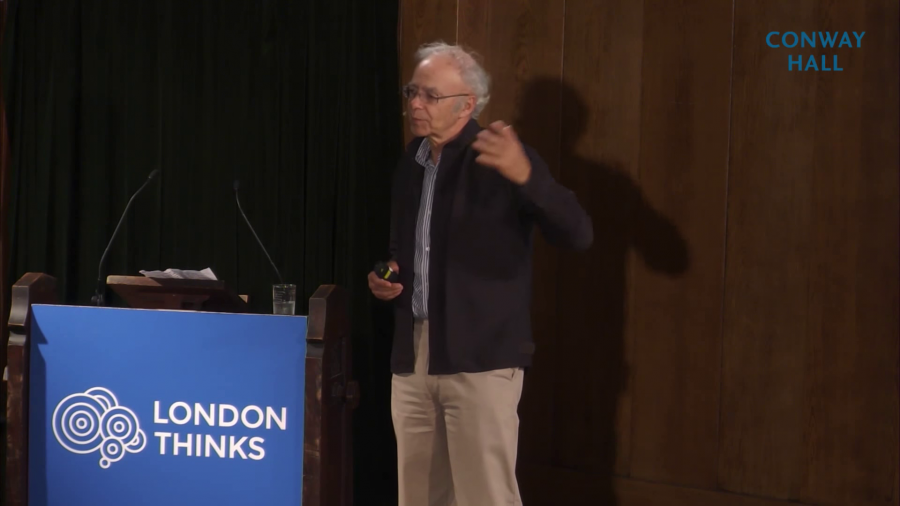I think we need to start thinking critically about things that we perceive as wholesome. Empathy has become a big business, and we ought to be able to examine it. Everyone’s always trying to diagnose disabled people. But I’m gonna have a little bit of fun. And I’m actually gonna diagnose all of you.
Archive

Much of economics and public policy rests on the assumption that increasing the wealth of individuals and nations provides a route to increasing their wellbeing. So why does money fail us?
We know very little about complex financial systems and how systemic risk, as it’s called, is computed and how you would manage policies. And if you look back at the financial crisis, you can either say, as many economists do, “It all had to do with badly-designed rules,” which may be part of the story; it’s certainly part of the story. Or it may have to do with the interaction of those rules and human nature, like mortgage broker greed, optimism… And you see it not just in individuals who now have houses and foreclosure, but at the highest levels.


